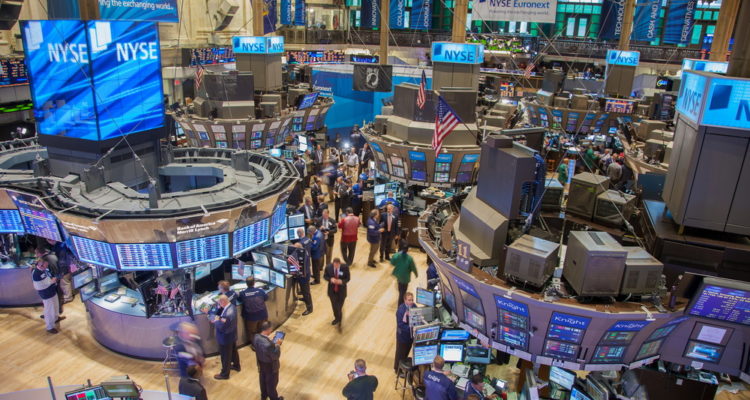Apple also announced last week that it will commit more than $500 billion to expanding its facilities and investments in the United States over the next four years.
By Matthew Xiao, The Washington Free Beacon
The Taiwan Semiconductor Manufacturing Company (TSMC), the world’s largest chipmaker, will invest $100 billion in new chip manufacturing plants across the United States, President Donald Trump announced Monday.
“This is a tremendous move by the most powerful company in the world,” Trump said alongside TSMC CEO C.C. Wei. “It’s a matter of economic security, it’s also a matter of national security for us.”
TSMC will make the investment over the next four years, expanding its U.S. operations with “cutting-edge” facilities, the Wall Street Journal reported.
Semiconductor chips are essential to modern technology, powering everything from cars to computers to smartphones. Demand has surged in recent years, driven by the rapid growth of artificial intelligence, which requires immense computing power.
The Taiwanese chipmaker is just the latest tech company to pledge billion-dollar investments in the United States since Trump’s return to the White House.
Apple announced last week that it will commit more than $500 billion to expanding its facilities and investments in the United States over the next four years.
In January, Oracle, OpenAI, and SoftBank unveiled Stargate, a joint venture aimed at expanding U.S. artificial intelligence infrastructure, with a combined investment of $500 billion over the coming years.
The Monday announcement comes just weeks after Trump said he was considering tariffs of 25 percent or more on semiconductor imports.
Trump views U.S. reliance on foreign chipmakers as a national security risk and has repeatedly pledged to bring more chip manufacturing back to the United States.
“We have to have chips made in this country,” Trump said last month. “Right now, everything is made in Taiwan, practically, almost all of it, a little bit in South Korea, but everything—almost all of it is made in Taiwan. And we want it to be made—we want those companies to come to our country, in all due respect.”
TSMC made its first major U.S. manufacturing investment during Trump’s first term, committing $12 billion to build a chip factory in Arizona.
“Back in 2020, thanks to President Trump’s vision and support, we embarked on our journey of establishing advanced chip manufacturing in the United States,” the chipmaking giant said in a Monday statement.
Also, Honda announced it is shifting production of the Civic from Mexico to the United States, in response to President Donald Trump’s planned 25 percent tariffs on Mexican imports, sources told Reuters.
Starting in May 2028, the Japanese automaker will begin manufacturing the new Civic hybrid in Indiana to avoid potential tariffs, the sources said. The Civic, one of Honda’s top-selling models, is expected to have an annual output of around 210,000 units.
The announcement comes just a day before Trump’s 25 percent tariffs on Mexican and Canadian goods are set to take effect, part of the administration’s efforts to curb drug trafficking and illegal immigration.
Trump announced a 30-day pause on the tariffs, which were originally slated to go into effect last month, after Mexico and Canada agreed to deploy troops and personnel to secure their borders with the United States.
Mexico has long been a low-cost production hub for automakers, with Honda exporting around 80 percent of its Mexican output to the United States, Reuters reported.
Trump has pledged to boost domestic manufacturing, arguing that tariffs help protect American workers and counter foreign “unfair trade practices.”
Since returning to the Oval Office, Trump has increased tariffs on Chinese goods, levied 25 percent tariffs on all aluminum and steel imports, and announced reciprocal tariffs on U.S. competitors and allies alike.





